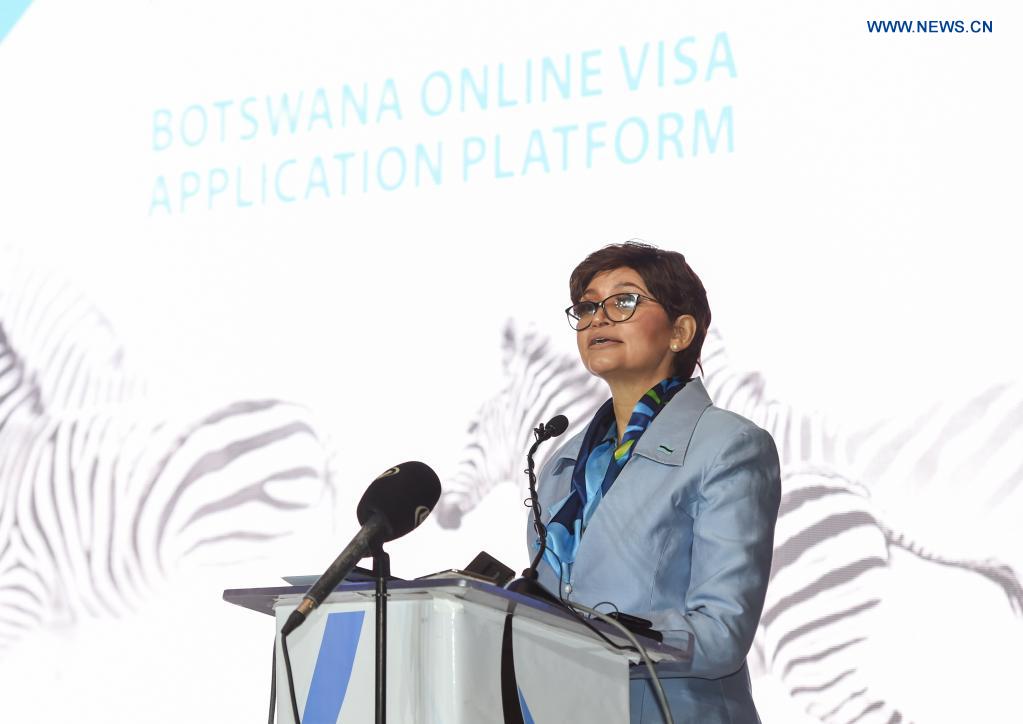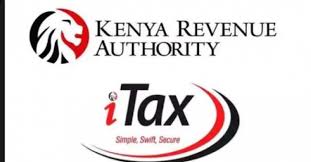Barrage Of Sanctions In Nigeria: CBN Freezes Accounts Of Foreign Stock-trading Startups, NITDA Fines Soko Loan $24k
Nigerian startups are still swimming in an ocean of regulatory sanctions and uncertainty. In the latest barrage of sanctions, a host of startups have been the targets of both the Central Bank of Nigeria and the National Information Technology Development Agency (NITDA), a regulator in charge of regulating, among other things, transfer of technology and data protection.

CBN Secures Order Freezing Startups Over ‘Illegal FX Transactions’
Rise Vest Technologies Limited, Bamboo Systems Technology Limited, Bamboo Systems Technology Limited OPNS, Chaka Technologies Limited, CTL/Business Expenses, and Trove Technologies Limited are among the companies included in the frozen accounts.
The apex bank claimed it is examining ‘illegal foreign exchange transactions’ by fintech companies in a court filing seen on Tuesday.
It also requested a court order freezing their bank accounts for 180 days while the inquiry was ongoing.
“The investigation being carried out concerns what has been discovered to be serious infractions by the defendants/respondents in connection with some foreign exchange transactions, and non-documentation by the defendants/respondents in violation of the extant laws and regulations, particularly the Foreign Exchange (Monitoring and Miscellaneous Provisions) Act and the Central Bank of Nigeria foreign exchange manual,”an ex parte motion marked FCH/ABJ/CS/822/2021 and filed on August 4, CBN through its counsel Michael Kaase Aondoakaa, was quoted as saying.
“That more specifically, there is a grave allegation that the defendants/respondents are engaged in illegal foreign exchange transactions, accessing/procuring of foreign exchange via their banks from the Nigerian foreign exchange market via several bureaux de change, international money transfer operators and have transferred cash deposit of more than S10,000.00 (Ten thousand dollars) to various accounts overseas contrary to provisions of extant laws and regulations and also traded in foreign securities and cryptocurrencies in contravention to CBN Circular referenced TED/FEM/FPC/GEN/01/012 and BSD/DIR/PUB/LAB/014/001 dated February 5, 2021, and July 01, 2015,” it added.
“It is evident that Rise Vest Technologies Limited, Bamboo Systems Technology Limited, Chaka Technologies Limited and Trove Technologies Limited are complicit in operating without license as asset management companies and utilising FX sourced from the Nigerian FX market for purchasing foreign bonds/shares in contravention of CBN’s directive,” it further added.
“Having listened to senior counsel to the applicant, on the motion ex parte filed in August, it is granted as pleaded,” Ahmed Mohammed wrote in his judgement.
He further stated that anyone who is harmed by the freezing order has the right to seek remedies from the court within the time limit.
He then postponed the hearing until February 20, 2022.
The Securities and Exchange Commission (SEC) issued a warning to investors in April about the growth of unregistered online investment and trading platforms that facilitate trading in securities listed on foreign exchanges.
The latest incident is coming barely a month after Chaka announced it had procured an operating license from the Nigerian Securities and Exchange Commission.
Soko Loan Is Fined $24,000 By NITDA For Violating Data Privacy
Joining the league of newly sanctioned entities is Soko Lending Company Limited (Soko Loans), an online lending company, which has been fined N10 million ($24k) by the National Information Technology Development Agency (NITDA) for data privacy violations.
Read also:The Canada-Africa Chamber of Business Names Leadership Changes
The sanction came after many complaints filed by several Soko loan customers, according to a statement released by NITDA.
According to NITDA, the corporation was accused of “unauthorized disclosures,” “failure to secure consumers’ personal data,” and “character defamation.”
Soko Loans provides its customers uncollateralised loans, according to NITDA, and asks a loanee to download the company’s mobile application on their phone and initiate a direct debit in the company’s favor, giving the application access to the loanee’s phone contacts.
“According to one of the complainants, when he failed to meet up with his repayment obligations due to insufficient credit in his account on the date the direct debit was to take effect, the company unilaterally sent privacy-invading messages to the complainant’s contacts,” the statement read in part.
Soko Loans also embeds trackers that exchange data with third parties inside its mobile application, according to the NITDA, without informing consumers or utilizing the necessary legal basis.
Soko Loans was found guilty of employing a non-conforming privacy notice, insufficient lawful reason for processing personal data, and illegal data sharing without an appropriate lawful basis, according to the Nigeria Data Protection Regulation.
Read also:Binary Innovative Technology Solutions on a Drive to Support its Growth
Soko Loans was also accused of refusing to cooperate with the Data Protection Authority, in violation of Article 3.1 (1) of the Data Protection Implementation Framework, and of failing to file NDPR Audit reports through a licensed Data Protection Compliance Organization (DPCO), in violation of Article 4.1(7) of the NDPR, according to NITDA.
Aside from the N10 million fine, NITDA ordered that no more privacy-invading messages be sent to Nigerians until the company and its entities demonstrate complete compliance with the NDPR, and ordered Soko Loan to pay for a Data Protection Impact Assessment on its operation by an NITDA-appointed DPCO.
On Soko loans, the agency also imposed a 9-month mandatory Information Technology and Data Protection monitoring.
The criminal components of the inquiry have been deposited with the Nigeria Police Force, according to NITDA, to evaluate if the company’s leaders are subject to incarceration for breaking Section 17 of the NITDA Act, 2007.
“NITDA, therefore, uses this medium to remind all Nigerian businesses and data controllers of their obligation to engage NITDA-licensed Data Protection Compliance Organisations (DPCO) to guide them towards compliance with the data protection law,” the statement read in part.
Sanctions startups Nigeria NITDA CBN Sanctions startups Nigeria NITDA CBN Sanctions startups Nigeria NITDA CBN
Charles Rapulu Udoh

Charles Rapulu Udoh is a Lagos-based lawyer who has advised startups across Africa on issues such as startup funding (Venture Capital, Debt financing, private equity, angel investing etc), taxation, strategies, etc. He also has special focus on the protection of business or brands’ intellectual property rights ( such as trademark, patent or design) across Africa and other foreign jurisdictions.
He is well versed on issues of ESG (sustainability), media and entertainment law, corporate finance and governance.
He is also an award-winning writer




















